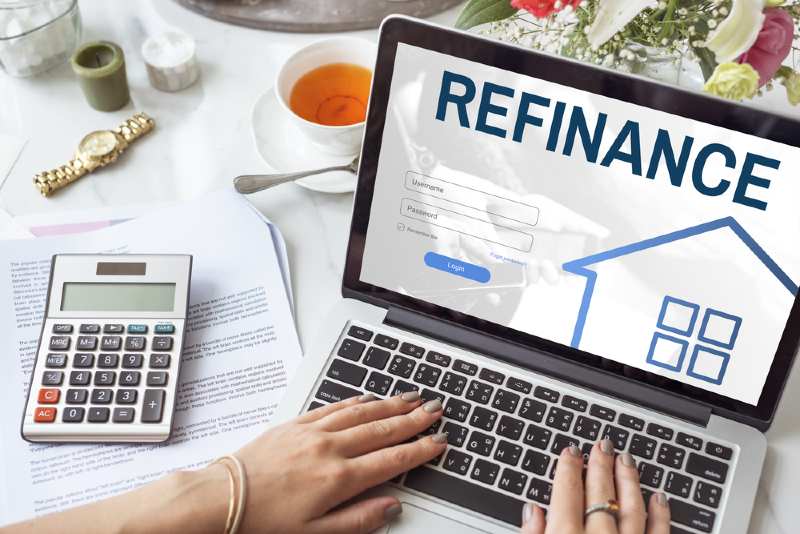Refinancing simply means taking another loan to pay off your current loan for a lower interest rate. This is what you should seek if you’re aiming to have your monthly payments or principal to be lowered or to be able to save money in the long run.
Doing this is the best option if you’re able to lower your interest rate by one-half to three-quarters of a percentage point or if you can lower your interest rate to at least 2 percent. However, many refinancing institutions would already try to sell their rate saying that saving 1 percent is already a great deal.
When it comes to mortgage refinancing, this is a good idea if you’re looking to move in the next two years. This will give you enough time to recoup the cost. However, some institutions would already give you an offer to refinance your mortgage earlier in your contract.
Now, when it comes to refinancing your mortgage, there are a few great reasons why you should do this. Here are some of them that you should understand if you’re intending to do this.
To Shorten the Loan’s Term
If this is what you’re after, expect that there won’t be much change in your principal payments. For a 30-year fixed=rate mortgage for a home worth 100,000 US dollars, refinancing from 9 percent to 5.5 percent could cut your terms in half to around 15 years.
To Lower Interest Rate
This is the most common reason why people choose to refinance their mortgage. What’s good about being able to reduce the interest that you pay is that it not only helps you save money, but it also increases the rate of building equity in your home. It could also decrease the amount of what you pay monthly.
If you have a 30-year fixed-rate mortgage and your interest rate is 5.5 percent for a 100,000 US dollars home, then you are already paying 568 US dollars a month. If your interest rate decreases to 4.1 percent, then your monthly payment will then be 477 US dollars.
To convert to an ARM or Fixed-Rate Mortgage
An ARM or Adjustable Rate Mortgage usually start with lower rates compared to a fixed-rate mortgage. However, periodic adjustments typically increase the interest rate that ends up higher than a fixed-rate mortgage. This is why people who have an ARM switch to a fixed-rate mortgage to avoid interest rates increase in the future.
There are also times when ARM rates would decrease because of falling interest rates. This would also mean that monthly payments would go down. If that’s the case, refinancing will no longer be required.
However, some people would switch to an ARM if they have a fixed-rate mortgage. This is because it could be a nice financial strategy if interest rates are falling. It could also be a good strategy for people who are planning to move out in a few years.
To Tap Equity or Consolidate Debt
Some people would touch their home equity to be able to pay for major expenses like the remodeling of their homes or even for their children’s college education. Remodeling the house could add value to their homes and so that could easily be justified. Another reason is that the interest on mortgages is tax-deductible.
Aside from those, some people would refinance their mortgage including their other loans for debt consolidation. If you are thinking of consolidating your debts, you have to check if this is something that would be beneficial in the long run.
Debt consolidation means that you’ll be able to completely pay off your loans with your credit cards. This means that you may be tempted to keep on using your credit card until you end up with another loan to pay. You’ll end up paying for the loan you took to consolidate your debts and also pay for your credit card again.
And so, it’s only best to consolidate your debts if you can resist the temptations of getting into more debts because of your credit cards. If you end up still using your credit cards while paying for your consolidated debt loan, you’ll just end up paying more, and consolidating your debt is just an unwise decision.
Getting an offer to refinance your mortgage at a lower rate can be easily attractive. However, you always need to be sure that this is beneficial for you in the long run. Always consider factors like how long you’ll be living in the house, how much you’ll be saving, and your current financial situation.
Mortgage refinancing stock photo by Rawpixel.com/Shutterstock











